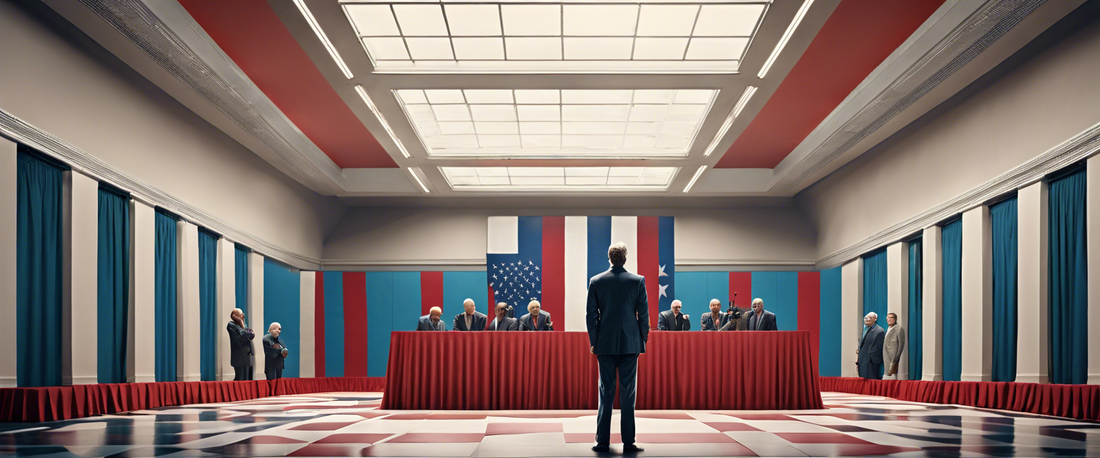
Dril Joins the 2024 Election Conversation: A Campaign Perspective
Share
Understanding the Influence of Social Media in the 2023 Presidential Election
In a world dominated by digital communication, social media plays a crucial role in shaping public perception and political discourse. Recently, the Harris-Walz campaign drew attention by citing a tweet from the popular satirical account Dril, specifically his iconic line, "I'm not mad. Please don't think that I got mad," in a press release aimed at reporters. This intriguing reference not only highlights the blurred lines between politics and online culture but also raises questions about strategy in the current political landscape.
The Impact of Dril on Political Messaging
Dril, known for his absurd and often humorous takes on various issues, has amassed a following that closely aligns with younger demographics. By invoking his tweet, the Harris-Walz campaign strategically tapped into the internet culture that resonates with many voters today. This act underscores an emerging trend where social media influencers can sway political narratives.
Key Insights from the Harris-Walz Campaign.
- Emphasis on Relatability: Citing a cheeky tweet creates a sense of relatability, positioning the campaign as in touch with younger voters' humor and sentiments.
- Engagement Tactics: This move encourages discussions around the campaign on social media, generating organic engagement and visibility.
How Tweets Shape Public Discourse
Dril’s immediate response to the campaign's citation could provide insight into the public's reaction and the narrative surrounding the election. As political candidates increasingly engage with digital platforms, every interaction, especially those from prominent online figures, can influence voter perception.
Analyzing Immediate Responses in Politics
Dril's tweet and subsequent response embody a symbiotic relationship between politics and social media. Whenever such figures engage, they set the tone for public discourse:
- Viral Potential: A clever tweet can go viral, reaching audiences far beyond traditional media channels.
- Cultural Relevance: Politicians referencing meme culture can appear more relatable, appealing particularly to younger voters.
Conclusion: The Future of Political Campaigns
The 2023 presidential election is set against a backdrop of evolving communication strategies where social media's role is more pronounced than ever. The Harris-Walz campaign’s utilization of Dril's tweet prompts a reflection on how humor and online personas are becoming significant tools in political campaigns.
As we move forward, it will be essential to observe how this interplay influences voter engagement and political outcomes. Social media is not just a space for sharing thoughts and ideas; it has become a powerful platform for shaping the future of politics.


